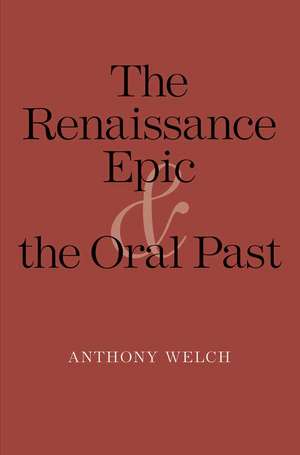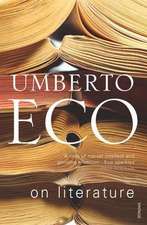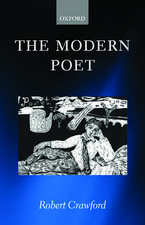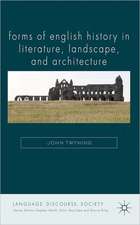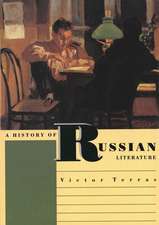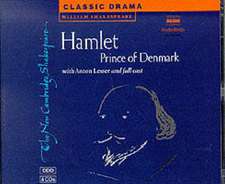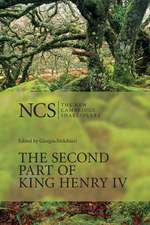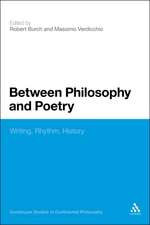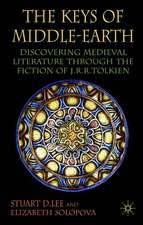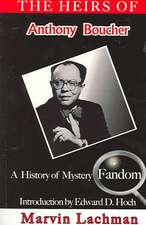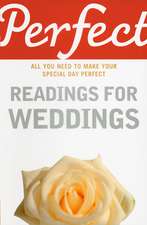The Renaissance Epic and the Oral Past: Yale Studies in English
Autor Anthony Welchen Limba Engleză Paperback – 27 noi 2012
Preț: 456.98 lei
Nou
Puncte Express: 685
Preț estimativ în valută:
87.44€ • 91.54$ • 72.35£
87.44€ • 91.54$ • 72.35£
Carte tipărită la comandă
Livrare economică 07-21 aprilie
Preluare comenzi: 021 569.72.76
Specificații
ISBN-13: 9780300178869
ISBN-10: 0300178867
Pagini: 268
Dimensiuni: 156 x 235 x 16 mm
Greutate: 0.39 kg
Editura: Yale University Press
Colecția Yale University Press
Seria Yale Studies in English
ISBN-10: 0300178867
Pagini: 268
Dimensiuni: 156 x 235 x 16 mm
Greutate: 0.39 kg
Editura: Yale University Press
Colecția Yale University Press
Seria Yale Studies in English
Notă biografică
Anthony Welch is assistant professor of English at the University of Tennessee, Knoxville.
Recenzii
"Welch's multipronged argument repays careful rereading, and his lyrical prose commands grateful admiration....This consistently learned and imaginative book will be of significant interest not only to scholars of Renaissance literature and music but also to classists...."—Leah Whittington, Modern Philology
"Anthony Welch presents for the reader a panorama of epic and narrative poets in the late sixteenth and seventeenth centuries who fought a losing battle but in the process made a fascinating series of experiments before prose writers took narrative away from them. Anyone who studies Renaissance epic needs to read this book."—Michael Murrin, Clio
“Welch’s . . . accomplished study considers early modern crossovers between epic and oral song as modeled in an ancient oral culture that Renaissance humanists both idealized and mocked.”—Leah S. Marcus, SEL
